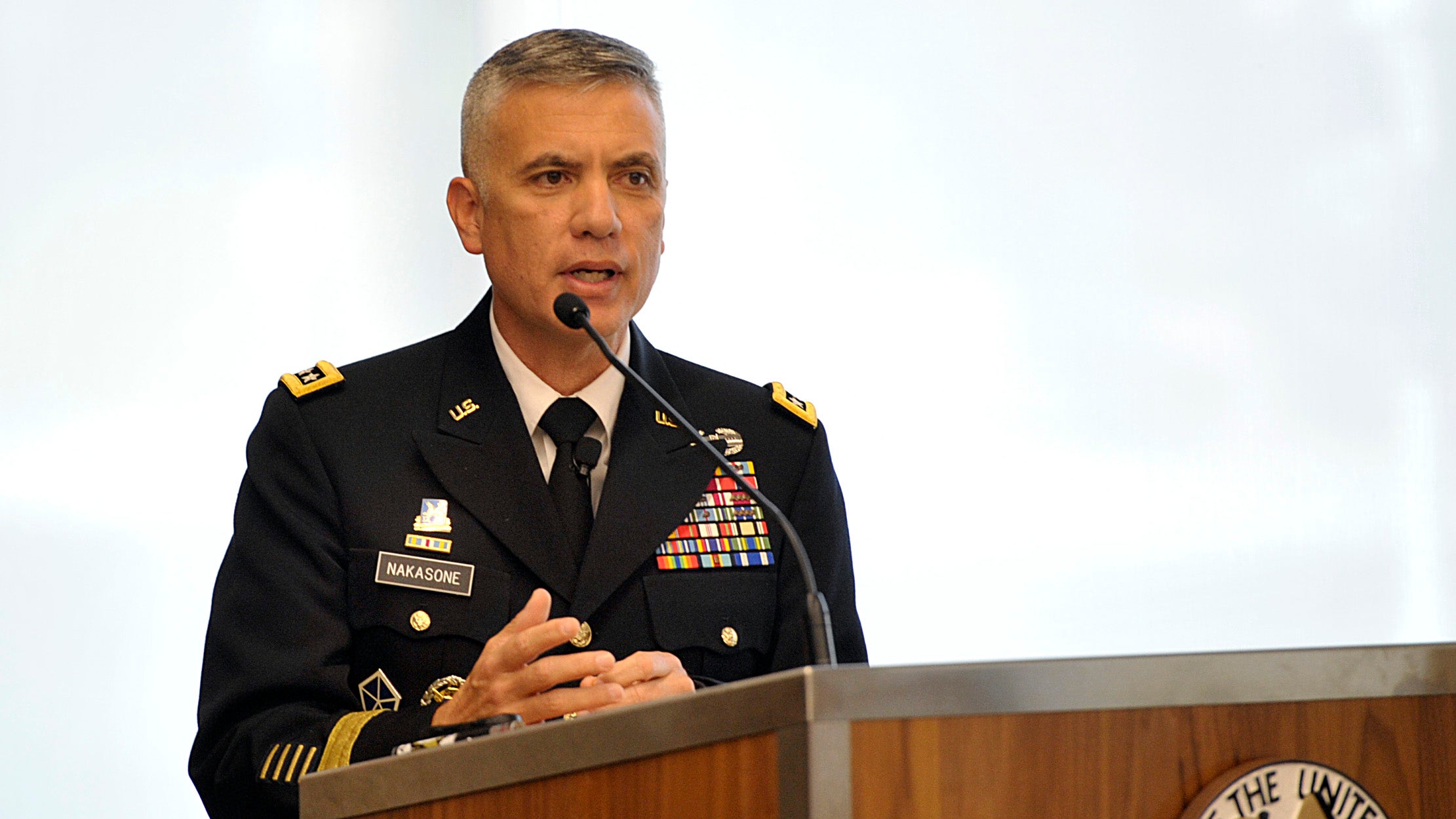Army Continues Building Cyber-Ready Force
Army Continues Building Cyber-Ready Force

As U.S. Cyber Command and its subordinate Army headquarters approach their 10th anniversary next year, the military’s cyber warfighters must remain resilient and ready, one of the military’s top generals said.
“We’re on a journey, and we’ve been on a journey for the past decade,” said Gen. Paul Nakasone, who is the commander of U.S. Cyber Command, director of the National Security Agency and chief of the Central Security Service.
As commanding general of Cyber Command, Nakasone heads up the leading command for all military cyber components, including Army Cyber Command. He previously served as commanding general of Army Cyber from 2016-2018.
Cyber Command was created in 2010 and is the nation’s 10th unified combatant command, tasked with directing, synchronizing and coordinating cyberspace planning and operations in defense of the U.S. and its interests.
Nakasone, speaking at a Cyber and Networks Hot Topic forum hosted by the Association of the U.S. Army’s Institute of Land Warfare, said the Army’s cyber school has trained more than 330 commissioned officers and more than 100 warrant officers since 2015—a drastic increase since the first class of 16 students several years ago.
“I’ve watched it over the period of 10 years growing in terms of our ability to not only look at vulnerabilities, react to vulnerabilities, but, more importantly, get in front of those vulnerabilities,” Nakasone said.
The Army has a cyber-ready force that actively defends the service’s networks, he said. Now equipped with 21 cyber protection teams across the total Army, Nakasone said the command aims to train an additional 400 commissioned officers and 50 warrant officers per year in the future.
Protecting the Army against cyber vulnerabilities, risks and intrusions—and preventing them from quickly spreading—is a team effort, as the command has relied on the strengths and support of other Army commands over the years, Nakasone said.
“We approach this as an Army that’s seeing the future and understanding how important this is—not only to our service, but the nation,” Nakasone said.

